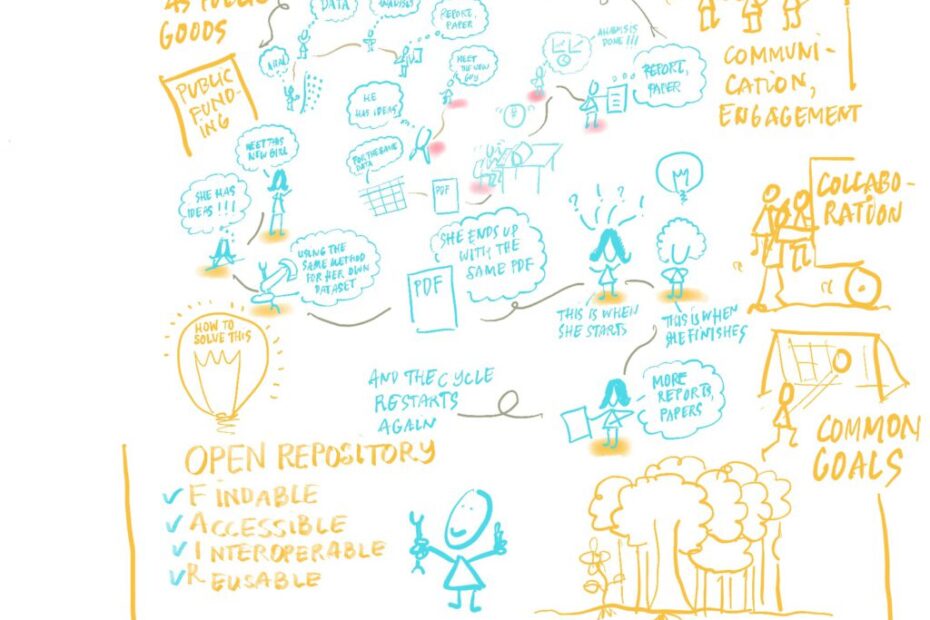A digital knowledge act for europe
In December 2023 the Communia Association, which Wikimedia Europe is a member of, rolled out the idea of a Digital Knowledge Act at the European Union level. A EU regulation that makes the interests of knowledge institutions, such as libraries, universities and schools, a top priority.
In the past five years we have seen the EU tackling various specific digital issues through legislation – content moderation through the Digital Services Act, market power through the Digital Markets Act, data sharing through the Data Act and the Data Governance Act. All these were necessary steps, we believe, they however treated institutions, such as libraries, archives, universities and schools, almost as an afterthought.
So, what’s in it?
The idea is to have a piece of EU legislation that would pinpoint the pain points of knowledge institutions in the digital world and remedy them through precise changes to the relevant laws.
- A secondary publication right would ensure that publicly-funded research can not only be cited, but also linked to and accessed by researchers, journalists and all citizens.
- We also need to ensure access and reusability of administrative and legal documents, publicly commissioned studies and works in the public domain.
- A unified research exception should allow the sharing of protected materials between researchers for purposes of verification of research results and for engaging in collaborative research. Something that is currently impaired by a multitude of national and incompatible regimes.
- A EU-wide e-lending right would allow libraries to lend out works in digital formats under the same conditions as works in physical form, something they are currently barred from doing.
- The introduction of measures protecting against abusive contractual practices, which would allow to balance the relationship between libraries, archives or other knowledge institutions and right-holders.
Why do we need all this? Disinformation!
In today’s world citizens are flooded with information, including misinformation and disinformation. Mushroom sites pop up constantly, but their content is also peddled by more traditional outlets and public personalities. There doesn’t seem to be an adequate legislative response to this with regards to limiting access to information, nor does it appear desirable.
However, the public sector can instigate meaningful change when it comes to the accessibility of reliable information. The public hand finances research and educational materials with humongous budgets, but much of the results can’t be accessed and reused.
The balance between the online availability of unreliable or even malicious information vs. verifiable and reliable information is shifting in the wrong direction. By opening up publicly-funded research, studies and educational content, we can start pushing back. Citizens, journalists, researchers, or even just Wikipedia readers would have access to significantly more reliable sources. Information would become easier to verify and more reliable. Not everywhere, but in many places.
why do we need all this? artificial intelligence!
Artificial Intelligence is a hype right now in political and legal circles. But it is also a technology that, we believe, will shift the way the world works. Nowadays we use online platforms to perform almost any activity, from jogging to listening to music and watching TV to talking to friends and participating in public debates. AI will be interspersed in almost any product or service we use daily.
As a society we must decide whether we want these ubiquitous AI models trained predominantly on mushroom disinformation sites and social media posts or we prefer them being trained on publicly-funded research and projects like Europeana, Project Gutenberg and Wikipedia.
we need this!
The Digital Knowledge Act tackles long standing issues in the field of research, education, libraries and the public domain. But in sum, it is much more than a set of surgical fixes to well known issues. It would be one adequate response to the risks of artificial intelligence and to the threats of misinformation and disinformation.









